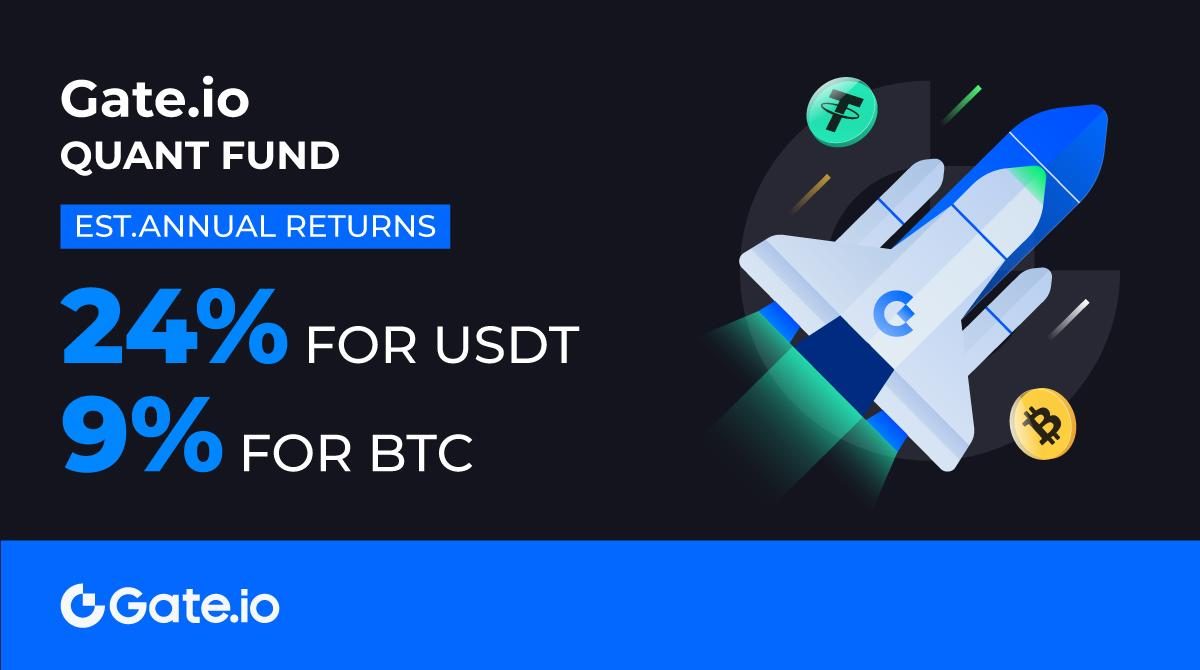All about bitcoin bonds that El Salvador is hatching to change the game
The bond market can be a bit confusing for many, and even more so when bonds include Bitcoin. These asset classes are completely new and unprecedented even in the innovative crypto world.
The idea of a BTC bond gained momentum when President Nayib Bukele of El Salvador announced plans to build a BTC city. He said the Bitcoin-backed bond will fund some of the city’s funding.
What are Bitcoin Bonds?
When companies, and especially governments, want to raise money to fund new projects or day-to-day business, they often issue bonds and sell them to investors.
A bond is a form of investment in which the investor lends money to the government or company. In return, the state or company promises to repay a certain amount in the future, perhaps twice a year.
When the bond “matures”, the investor receives one final large payment. This is when the bond is no longer valid. This final payment, plus the initial loan and other smaller recurring payments, is called a coupon.
Coupon can be understood as a kind of interest rate. Bonds, like other securities, are bought and sold in the financial markets.
BTC bonds work similarly, but are built on the blockchain rather than within a traditional financial infrastructure. While people buy conventional bonds with fiat, bitcoin bonds use both fiat and cryptocurrencies.
In the case of El Salvador, the first country to accept Bitcoin as legal tender, the bond was issued through the Liquid Network. This is a sidechain protocol based on the BTC blockchain that can be traded on the Bitfinex exchange.
Payments are made in BTC, US dollars and USDT. They can also be paid directly to a Chivo wallet – a government BTC wallet.
Who can borrow money with Bitcoin bonds?
Max Keizer, moderator of the Keizer Report, allegedly suggested El Salvador use BTC bonds to pay off debts with the International Monetary Fund (IMF). At the time, the IMF delayed plans to use BTC as the country’s official currency.
However, Samson Mow, Chief Strategy Officer of Blockstream, the Canadian blockchain company that founded Liquid Network, and several other like-minded Bitcoin companies, has an interesting idea.
They wrote a letter to the President of El Salvador, Nayib Bukele, assuring him that they would support his plans to legalize BTC into everyday money with technical expertise, even if the whole world reacts.
It was one of the foundations for the world to have the first bitcoin city and the first bitcoin-backed government bond. An offer of $ 1 billion is expected in the first quarter of 2022. Companies could also issue similar bonds.
This also explains why bonds create fear and excitement alike, as it is a largely unexplored area.
Tried but failed
Simon Dixon’s Bank to the Future crypto investment platform tried a few years ago but failed. The company only has 11 investors.
However, this is not the case with El Salvador as the country positions itself as a BTC hub. Even Dixon, author of the book “Banking of the Future,” which inspired the name of his foundation, agrees that El Salvador could revolutionize the way governments and corporations borrow money.
If the loan succeeds, he hopes other countries will follow suit. Hyper-Bitcoinization is accelerated. Dixon calls it a “bond market innovation” in Discussions with Keizer and Mow.
All three proponents believe the asset class will be successful. However, should the country fail, the aftermath of that failure could wreak havoc on the global crypto industry and the fragile economy of El Salvador.
Who can buy
Governments mainly sell bonds to financial institutions such as banks, pension funds, insurance companies, and others. Sometimes individual investors can also buy them through a broker.
El Salvador Bitcoin Bonds (EBB1) are structured for both traditional institutional investors and the general public. This means that private investors are also affected by this property.
Mow said EBB1 will be sold in $ 100 tranches to “democratize access to bonds.”
“It’s a tool that empowers people just like Bitcoin does.”
If you live in the United States, getting Bitcoin bonds can be difficult as domestic regulators restrict crypto-related investments. Muh says:
“But there has to be a way for US users to access the bonds. If you can buy US Treasuries, you can buy Bitcoin bonds too. ”
How do investors make money from Bitcoin bonds?
The amount of money that is made from Bitcoin bonds depends on the amount initially spent. In other words, the initial investment amount usually determines the periodic coupon payments.
Of the $ 1 billion El Salvador plans to raise, $ 500 million will be used to build bitcoin and energy mining infrastructure. The rest consists of buying more Bitcoins and storing them in the cold store in this country.
Bondholders receive a coupon of 6.5% on the 10-year bond. They will also earn a “special dividend,” as Mow suggests, after El Salvador liquidated its Bitcoin holdings every three months.
Basically, they will share the proceeds with El Salvador. The country can use profits from BTC sales to pay for bonds.
This happens after the first 5-year blocking period and if there is no sale. The “special dividend” is paid out more than the 6.5% coupon. However, it depends on the price of BTC at the time of sale.
Blockstream also takes this into account, according to Mow. The company has developed several scenarios that explain the BTC price movement. A model predicts a return of 90% in the year 10 plus 6.5%.
In another scenario, the 10 year return is estimated at 140% on top of the original 6.5%. Both assume the bond will absorb enough bitcoin to trigger a price surge to $ 1 million. Bondholders will not benefit from the bitcoins El Salvador generates from mining.
The worst-case scenario would be if developments in other parts of the world or in El Salvador itself (like choosing a new leader who is a crypto hater) cause BTC price to drop continuously, and thus bond yields to drop .
Can Bitcoin Bonds Be Successful?
Bitcoin bonds will win big, according to Samson Mow.
“The entire financial system is waiting to be connected to Bitcoin.”
El Salvador is currently paying a 13% coupon on its regular dollar bonds. However, Max Keizer argued that the decision to lower the Bitcoin bond coupon to 6.5% shows that the country is in a “much healthier position”.
On the risk of default, proponents point to mining as a way to reduce the risk of El Salvador’s bonds. The electricity generated in the Bitcoin city can also be sold to neighboring countries. The resulting proceeds can then be used to pay the bondholders.
Simon Dixon explained that the risk proposition is constantly changing “because it invests in Bitcoin, in the infrastructure. Is Bitcoin Really Hitting Inflation?
He pointed out that most people would have loaned the US government at a loss. Specifically, with inflation of 6.5% and bond yields of 1.4%.
Join Bitcoin Magazine Telegram to keep track of news and comment on this article: https://t.me/coincunews
Follow the Youtube Channel | Subscribe to telegram channel | Follow the Facebook page






















